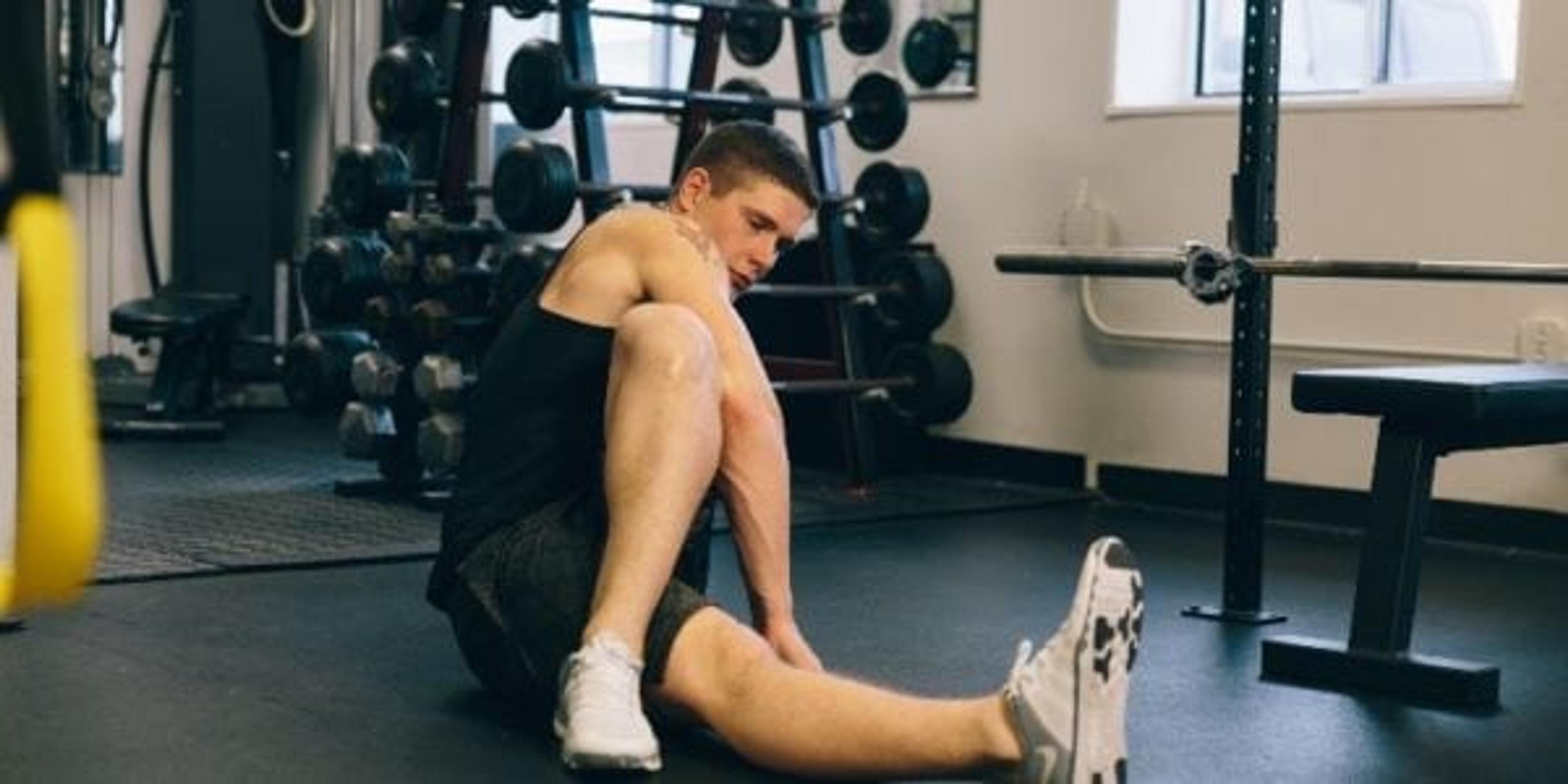Why Exercise Headaches Happen and How to Avoid Them
| 3 min read

A good workout doesn’t always leave you feeling great—it can leave you with a painful headache that bears similarities to a common migraine. These headaches are known as exercise or exertion headaches. Don’t be alarmed: They are fairly common for people of all fitness levels and occur for a variety of reasons. Learn about the causes of these headaches, treatment options, and when you should seek out a medical professional.
Defining Exercise or “Exertion” Headaches
Sustained, strenuous physical activity can trigger the onset of an exercise headache – what typically feels like a throbbing or pulsating pain that can last anywhere from five minutes to 48 hours, sometimes accompanied by the onset of nausea. There are two types of exercise headaches: primary and secondary. Primary are the most common and harmless, while secondary are serious and usually caused by an underlying medical condition. According to the Mayo Clinic, in addition to the pain, secondary headaches are typically coupled with vomiting, loss of consciousness, double vision and neck rigidity, and can last several days.
The exact cause of these headaches is still up for debate, but factors like dehydration, excessive perspiration, altitude, low blood sugar, hot or humid conditions, and poor diets may play a role. Some experts also believe that the pain is tied to dilated blood vessels in the head that emerge as blood pressure increases during increased activity.
Exertion headaches are also rare headaches and not all that common. The lifetime prevalence is about 1.7%.
For those who are diagnosed with primary exertional headaches they may go away after 3-6 months on their own. It’s important for people to warm up before starting an exercise program and decrease the intensity of their work out if they develop headaches.
How to Treat Exercise Headaches
It’s also important to identify your triggers to help reduce or eliminate their impact. For example, if you notice you get headaches after cardio, try easing up on the intensity, or start your routine with a warm-up. Then, gradually increase your speed, intensity or resistance. Or, if you notice the onset after working out in hotter-than-normal conditions, try a cooler spot next time.
Listening to your body may be one of the best ways keep exercise headaches at bay. Just adjust your routine to what feels right. If all else fails, over the counter medications, like non-steroidal anti-inflammatory (NSAID), can also alleviate the associated pain. But, it is best to consult your primary care doctor before use to avoid any harmful reactions or drug interactions.
To avoid a diet- or dehydration-induced exercise headache, always ensure your body has plenty of fluids and fuel for exercise. Experts recommend eating a 200-calorie snack made up of carbohydrates and protein one or two hours before exercise to stay fueled throughout your routine. You should also drink about three to six ounces of water for every 20 minutes of exercise to prevent fatigue.
These headaches are important to learn about because if they occur then further evaluation may be warranted to rule out secondary causes. If you have been diagnosed with primary exertional headache,s they may go away after 3-6 months on their own. Be sure to also warm up before starting an exercise program and decrease the intensity of the work out if you feel a headache coming on.
Photo Credit: Thoroughly Reviewed





